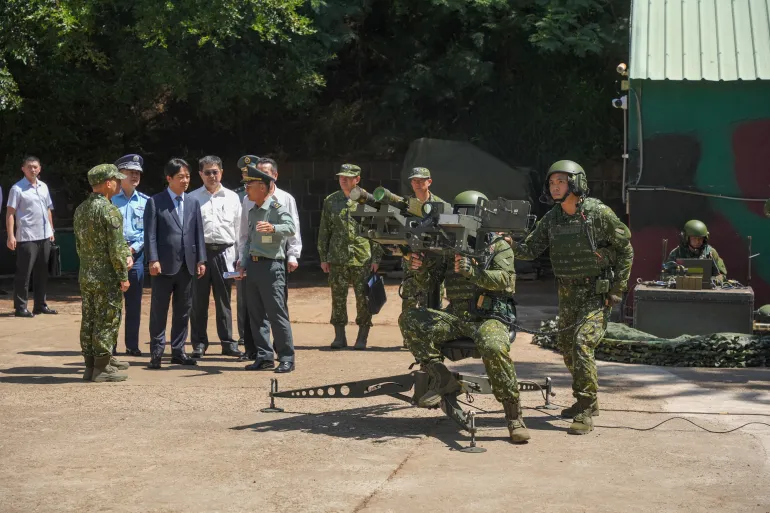China’s Bold Move Against U.S. Defense Contractors
In a significant escalation of tensions, China has imposed sanctions on nine U.S. companies involved in arms sales to Taiwan. This move highlights the ongoing dispute over Taiwan’s status and its impact on U.S.-China relations.
Key Points of the Sanctions:
- Assets of targeted companies frozen in China
- Firms like Sierra Nevada Corporation and Cubic Corporation affected
- Companies barred from conducting business within China
Beijing’s Stance on Taiwan
China views Taiwan as part of its territory and has consistently opposed foreign military support for the island. The Chinese foreign ministry urged the United States to:
- Stop arming Taiwan
- Cease support for Taiwan independence
- Avoid undermining peace in the Taiwan Strait
U.S. Support for Taiwan’s Defense
Despite lacking formal diplomatic ties, the United States is bound by law to provide Taiwan with defensive capabilities. This long-standing policy has been a persistent source of friction with China.
Impact and Implications
The effectiveness of these sanctions remains uncertain, given the limited exposure of U.S. defense contractors to the Chinese market. However, this action underscores several critical points:
- The complex balancing act in U.S. foreign policy
- Increasing tensions in the Taiwan Strait
- Potential risks for regional stability and global trade
As the situation develops, the international community watches closely, aware of the potential for miscalculation and conflict in this strategically important region.

